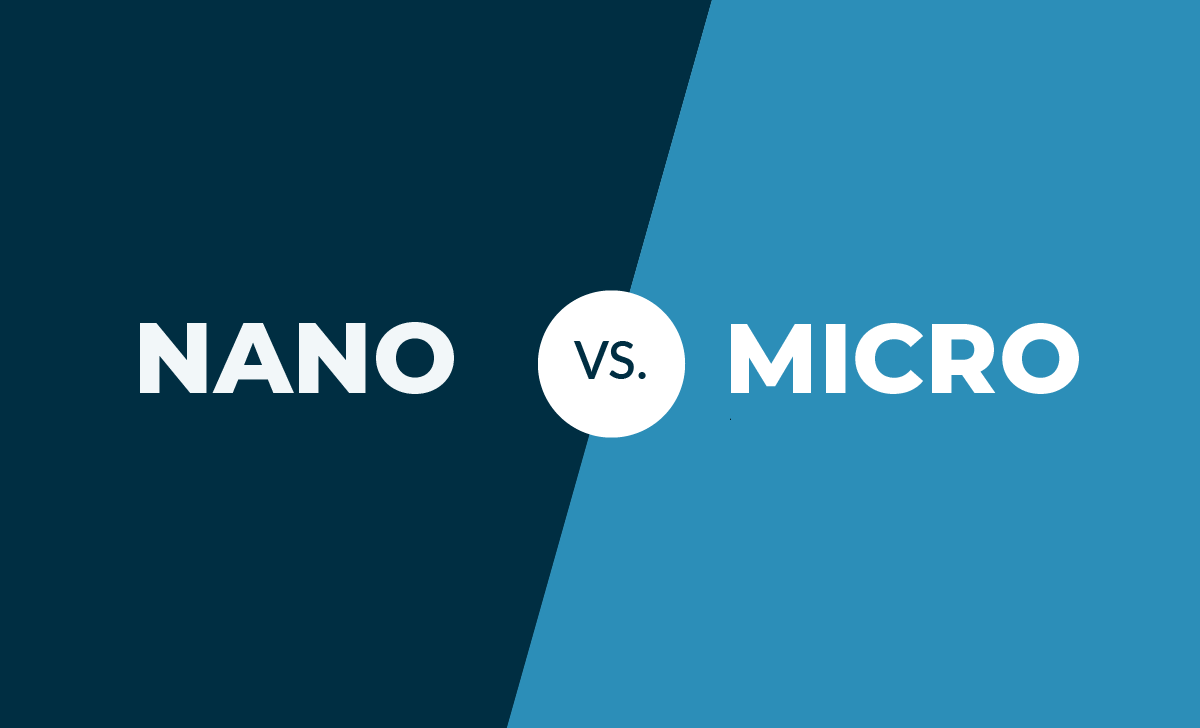
Unified Observability: Announcing Kubernetes 360

Ask any cloud software team using Kubernetes (and most do); this powerful container orchestration technology is transformative, yet often truly challenging.
There’s no question that Kubernetes has become the de-facto infrastructure for nearly any organization these days seeking to achieve business agility, developer autonomy and an internal structure that supports both the scale and simplicity required to maintain a full CI/CD and DevOps approach.
Yet, with great flexibility comes great management complexity. While Kubernetes is great for developers, it presents a significant challenge for operations teams tasked with managing related clusters and allocating resources to the developers. This pervasive challenge is not related to running Kubernetes, but instead centers around the subtle art of efficiently running applications on top of Kubernetes.
As an observability provider, we’ve seen our customers’ challenges in this domain evolve around capacity management and version deployment as well as managing security posture.
One example of a typical use case is a pod that wasn’t configured properly – and thus didn’t have hard limits on resource consumption—put on a node that has other tenants and just enough space to accommodate the involved pod in its recommended configuration. This scenario most often ends up in a state of resource contention on a node, a troubling phenomenon that can lead to measurable consequences in production environments.
So, we’ve been leaning into this scenario with our users to help them find a way to isolate these potentially disruptive conditions in a more unified and actionable manner.
Kubernetes 360 for Full Stack Visibility
Let’s face it, when it comes to using all of the information that we have at our fingertips to understand and improve use of technologies such as Kubernetes, there’s still a long way to go. Most organizations have specifically stopped short of combining logs, metrics and traces to gain the most detailed observability viewpoint.
As Logz.io provides observability based on open source, this has meant that by nature up until now most organizations we encounter use the best tool for each job – be it OpenSearch dashboards for log analytics, Grafana for infrastructure monitoring and Jaeger for tracing.
This approach of enlisting three different UIs works great when you actually need the best tool for each scenario, but it’s less effective and pretty inefficient when you want to unify all the information available to extend monitoring across logs, metrics and traces. It also becomes really hard to get to the desired level of cross stack analysis.
To help organizations move beyond this set of recognized Kubernetes challenges, Logz.io is launching a new application–Kubernetes 360–which will for the first time unify the best of open source logging, metrics and traces in a single platform purpose-built for applications deployed in Kubernetes environments.
By doing this, we’re addressing the pervasive challenges introduced by Kubernetes’ inherent flexibility while maintaining our commitment to open source and giving our customers the best user experience when it comes to troubleshooting.
Combining this with the Kubernetes agent we released just a few months ago now enables any DevOps professional to achieve full observability in just a matter of minutes.
So, you might ask: There are so many Kubernetes monitoring applications out there,why are you adding yet another new one?
While it’s true that many Kubernetes monitoring applications already exist, there isn’t a single, unified platform combining a true log analytics solution, the best Prometheus metrics monitoring, and the value of distributed tracing powered by Jaeger that enables DevOps teams to monitor application SLOs in a simple, efficient and actionable manner.
We’re proud to deliver such advanced capabilities with Kubernetes 360 announced today at KubeCon and available in GA by Nov. 25.
If you haven’t already, sign up for a free trial today and let us show you how Logz.io can immediately empower your organization.

Get started for free
Completely free for 14 days, no strings attached.


